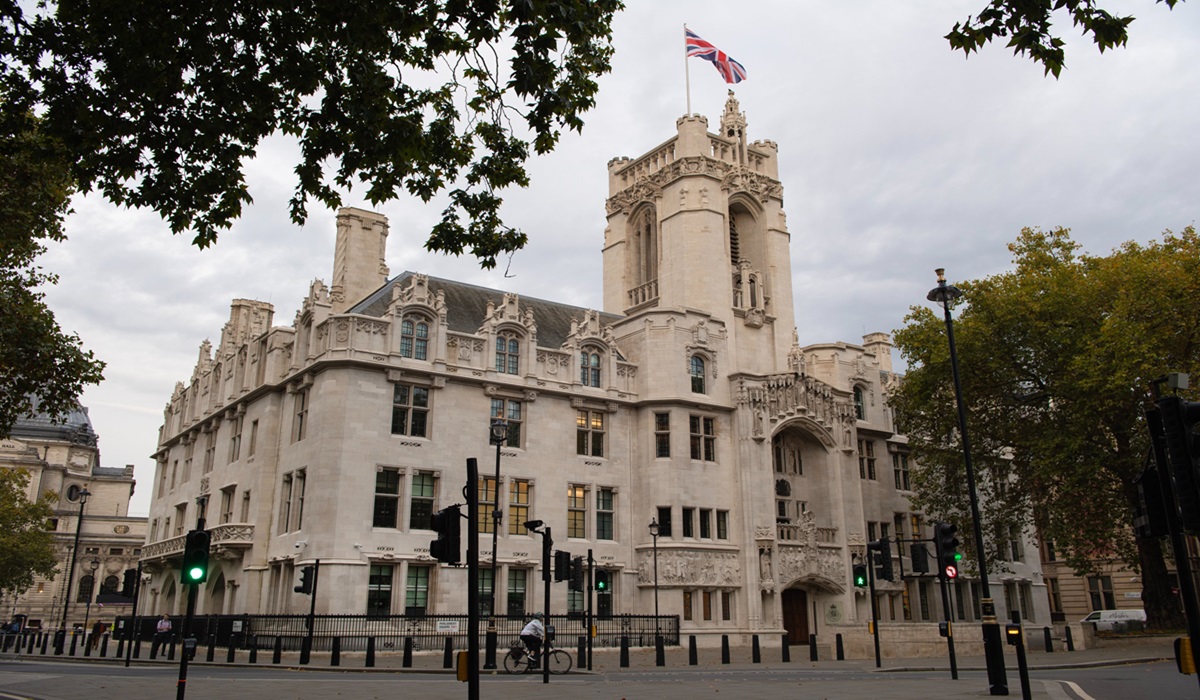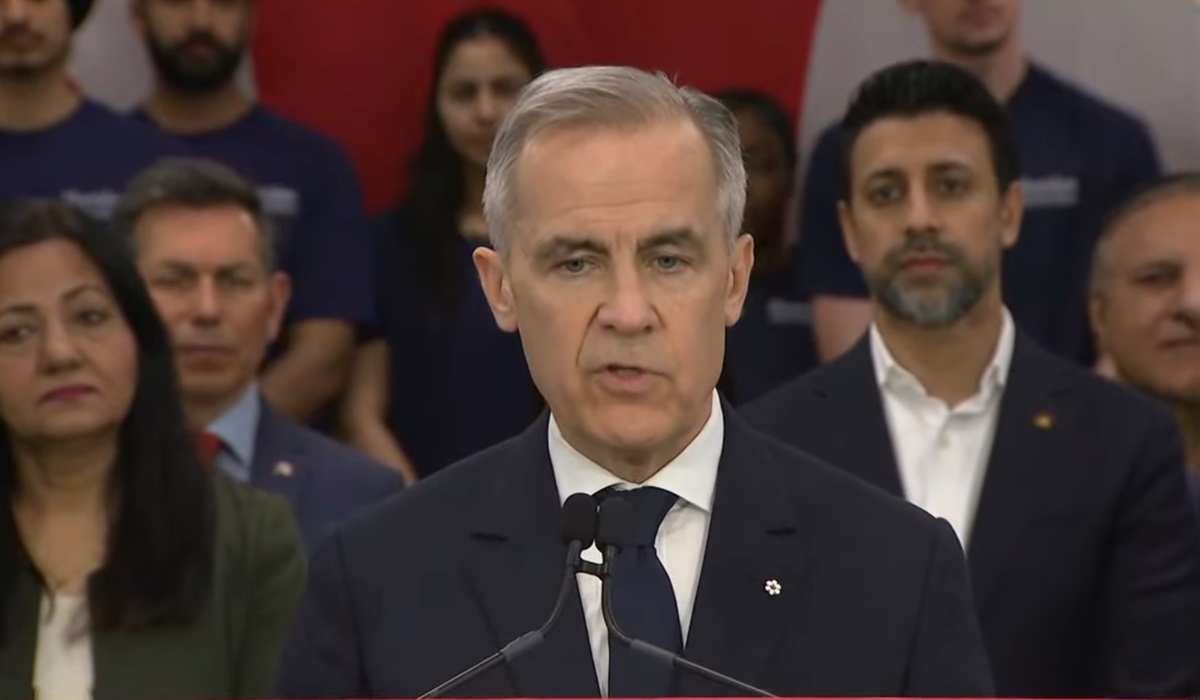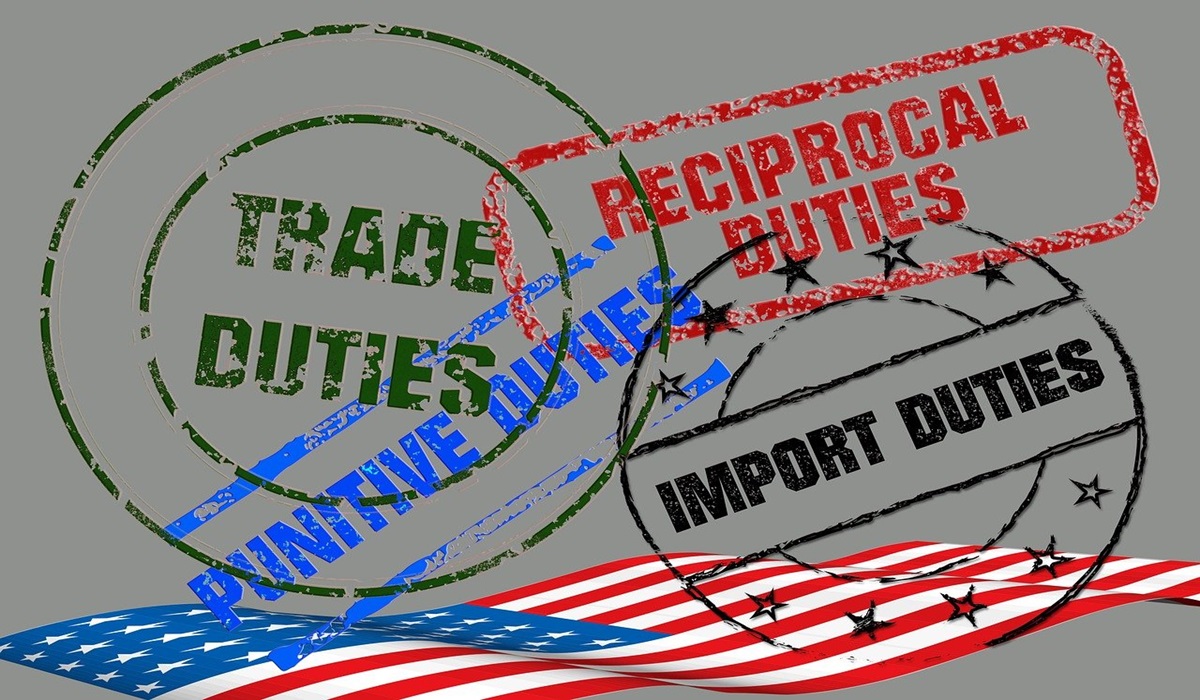Africa, The Richest Continent On Earth, So Why Does It Depend On Foreign Aid?
- TDS News
- Africa
- Breaking News
- February 27, 2023
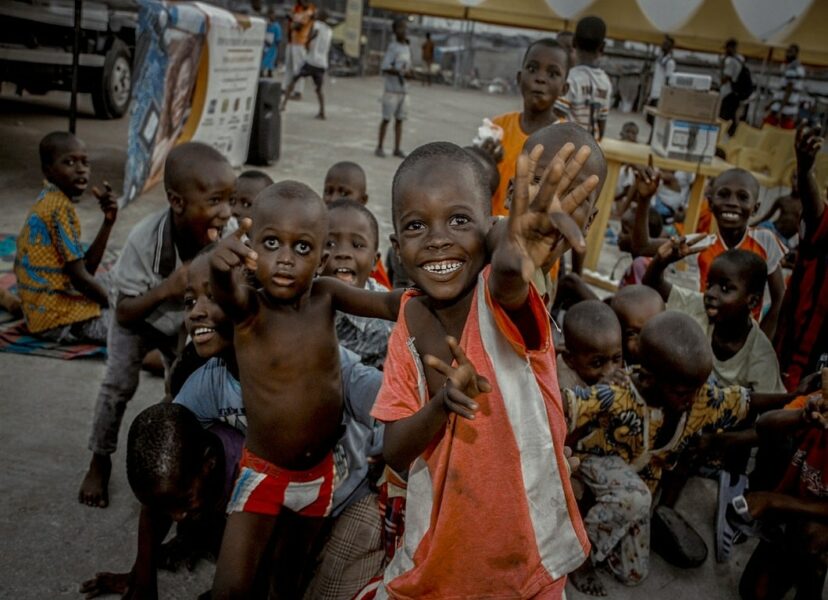
Africa is not a poor continent; it is the richest in the world in terms of natural resources. According to the United Nations. Africa has approximately 12% of the world’s oil reserves, 30% of the world’s mineral reserves, and 8% of the world’s natural gas reserves. It is also home to 90% of the world’s cobalt reserves and 90% of the world’s platinum, 50% of the world’s gold supply, 2/3rds of the world’s manganese, 35% of the world’s uranium supply, 75% of the world’s coltan and 65% of the world’s diamonds. In 2019, close to 500 billion USD of products were mined from Africa. Despite these abundant natural resources, Africa remains heavily dependent on international aid. Why is this the case?
One reason is that many of Africa’s natural resources are owned by foreign companies, who make disproportionate deals with African governments to develop these resources. These deals heavily favour the foreign entities and the personal bank accounts of the government of the time, leaving the people in poverty. For example, “It is estimated that the untapped mineral reserves in the Democratic Republic of Congo — where the average citizen wallows in poverty and where civil conflict has raged for decades — is worth $24 trillion.” Wrote Business Human Rights; however, the average daily income is less than $3 a day.
Another reason why Africa remains dependent on international aid is that financial aid to Africa is shrouded in bureaucracy, and there is a price recipients pay for financial assistance. “As aid recipients, African countries have faced innumerable requirements relating to design, approval, and reporting. These requirements vary from donor to donor and can be quite disharmonious,” says The Institute of Economic Affairs. Twenty years ago, approximately 80 registered agencies delivered aid to Africa; this number has now skyrocket, with new ones popping up daily. Every donor country has a specific set of rules on how aid gets administered, to what areas, and even down to the supplier. For example, some countries will insist on delivering grain to Africa produced from companies within their country instead of companies within Africa.
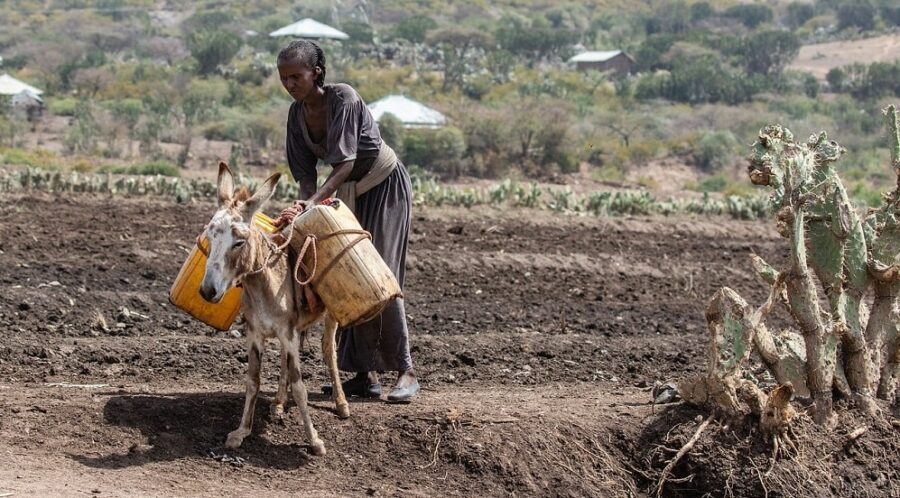
For example: at one point in history, Ghana was one of the leading producers of rice within Africa until the International Monetary Fund (IMF) and the World Bank convinced them they needed European loans to expand their economy.
“The government of Ghana used to give rice-producing farmers some farming subsidies to enable them produce rice on a larger scale to help feed the nation. However, the World Trade Organization, the World Bank and the IMF stood in and told the Ghanaian government that, they (the World Bank, the IMF, etc) would not give Ghana any more loans unless the Ghanaian government cut the farming subsidies, and the main reason behind it was that, Ghana had to import rice from “partner” western countries such as the United States (a major partner of the World Bank and the IMF).” Wrote Africaw.com
The International Monetary Fund (IMF) and the World Bank have caused irreparable damage to African countries since their existance. Both were set up at the end of World War II to rebuild the European economy. “In order for the World Bank and the IMF to implement their policies, they began offering loans to poor countries, but only if the poor countries privatized their economies and allowed western corporations free access to their raw materials and markets.” Wrote Africaw.com This is how the vicious cycle of debt keeps African countries dependent on foreign aid.
To break this cycle of dependence there are no easy solutions to this complex problem that still has the imprints of colonialism and imperialism. One suggestion is to have one currency for Africa, which would be more challenging than instituting the Euro. Then there is the option to adopt the currency of the U.S. dollar, but that would only make the U.S. more powerful and have pushback by non-American companies and countries that have invested in Africa.
Another solution is for African governments to create more favourable policies for their citizens and protect their natural resources. One way of doing this is by renegotiating existing contracts with foreign companies. Governments could also work with these companies to create jobs and wealth within their countries rather than just exporting raw materials.
African countries could also focus on developing their own industries, creating value-added products from their natural resources rather than just exporting raw materials. This would create jobs, help diversify their economies, and strengthen regional priorities.
Africa has faced many economic challenges, yet its people have remained resilient and determined to rebuild their countries. Despite the obstacles, the cultural pride of the African people continues to inspire hope and optimism around the world.
Every year, the world has seen glimpses of Africa’s potential through the work of its entrepreneurs. These business owners drive economic growth, create jobs, and contribute to the continent’s development. Their innovations in technology, healthcare, and agriculture have the potential to transform entire industries and improve the lives of millions of people.
With its people’s strength, determination, and cultural richness, the continent can rise again and fulfill its true potential. By harnessing the power of entrepreneurship and embracing its cultural heritage, Africa can build a brighter future for generations to come.



